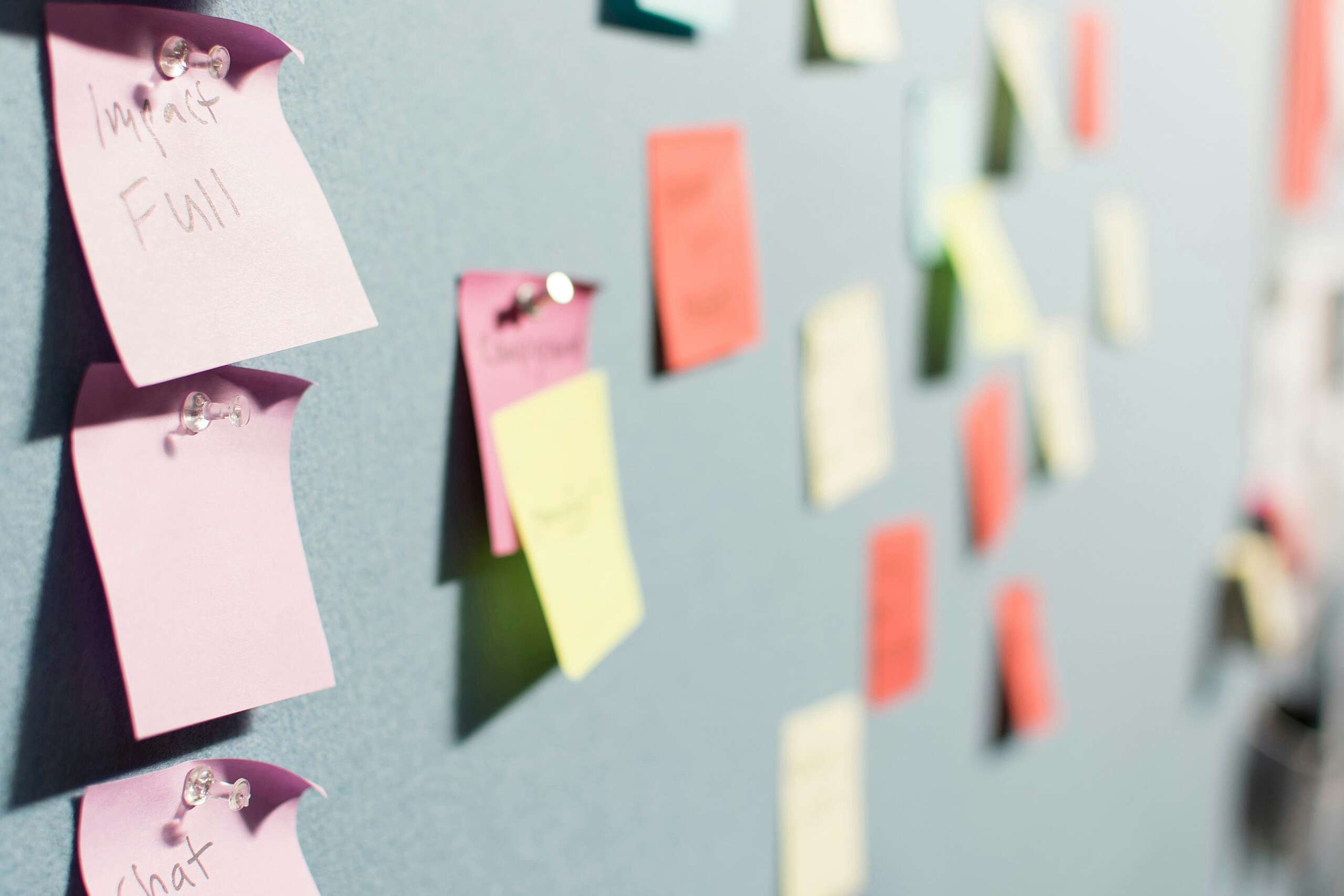Who is part of the Planet 4 team?
The Planet4 team is a truly global team and we were working remotely even before the recent situation of the COVID-19, that made us all inside the organization work from our homes and put us in the situation to adapt to a new lifestyle.
We are well aware there is a lot of internal and external communications and a lot of resources on how to make the best of your work from home time, while also taking care of yourselves and your families. However, we wanted to share with you some tips from our team, since we are applying this way of working for some time now and in the hope you will find something useful for yourself by the time you will be finishing reading this post.
First, let us tell you that we are a team of 14 people based all around the world: Andrada – Romania – Community support; Jen – Sydney Australia – Infra Sys Admin; Julia – Brazil – Data Analyst; Lilian – Netherlands – Scrum Master; Luca – Italy – Community Manager; Magali – Netherlands – UX Designer; Mark – London – former Product Owner; Natasja – Netherlands – Project Manager; Nikos – Greece – Tech Lead; Pablo – Argentina – Developer; Pieter – Belgium – Developer; Sagar – India – Developer; Suzi – US – Product Owner; Will – Wales – Design Lead.
We are living in both the Northern and Southern hemisphere, in all time zones, and we have different marital statuses (single, married, with or without children, in domestic partnerships or not, you name it), so all kind of challenges to juggle with and still, we managed to find ways to stay productive and have trust in our colleagues and, most important to deliver good quality work.
Secondly, let’s have a look at what we are doing to be productive and trustworthy in our work, what tools we are using and what skills, routines and habits we developed over time as a team.
Routines, habits, atitudes
- We all have a quiet place in our homes where we work from and are able to have video conferences. The ones among us who are the luckiest have multiple places in their homes where they can do that.
- We dress up, we don’t work in our pajamas (at least most of us) – we’re still at work, even though we work from home.
- We say Hello when we come online at work on one of our communication channels (Rocketchat).
- We are kind and considerate about one another. There might be children, pets, other humans popping into someone’s camera – we smile when that happens, we sometimes acknowledge the one interfering, we take the time to make a joke, we say hello, we laugh and then we get back to our thing.
- We focus on the work we deliver and its quality and not necessarily on someone’s schedule. But most of the time we are online long after our working hours or we keep an eye on the chats even in our free time. We have a roadmap and annual goals for the project and we all do our best to contribute to achieving those. We also have annual personal development objectives set up with our line managers, so there are plenty of opportunities to assess our work.
- We try to backup ourselves. We try to understand things even if sometimes are not in our area of expertise, just to make sure we would be able to offer some minimum info or advice until our most expert colleague on a specific topic is online. We all try to keep an eye on the community channels, since we are supporting a community also working on all timezones and it is important to have a reply or a follow up as soon as possible. We also ask for help when we spot a need/ request on the community channels.
- We connect with our local NRO or technical counterparts in our own timezone by fostering mentoring relationships, support channels, attending tech meetups or taking part in local Greenpeace actions and campaigns.
Skills
- We developed soft skills. There is a general flexibility, understanding and respect in the team. Everyone is aware we are living in different places, we all have different lives and challenges and we are kind, respectful and mindful with one another. We try to attend the general meetings and the ones with our peers and then everyone does their work in the timeframe they know they are the most productive. We let ourselves know when we’re missing, when we are on holiday or when something unpredictable happens and we need some days off – so the others know they can’t rely on us for a period of time. We are also patient and aware that since we are working on so many time zones might sometimes mean we will have to wait for a day for an answer from one of our colleagues.
- We also focus on hard skills. We all focus on improving our skills in a way the project would benefit from. We take online courses, we read, we try, we fail, we learn, we become better, we are not afraid of seeking opportunities when they arise.
Tools
- Calendar. We came up with a standing timetable to organize our team meetings and be aware of the time everyone from the team might be online.
- We divided it into columns considering the timezone we are in (people working in different countries might be in the same time zone).
- We also use color coding to emphasize people’s availability to participate in a team meeting considering the time of the day in their place.
- We have a team calendar where we add all our team meetings, so everyone can see what and when is going on.
- Meetings (Zoom). We have a lot of meetings and we always try to respect the time allocated for each meeting. We plan so many meetings because we consider we need them and because it helps us keep moving with our work and communicate between ourselves and collaborate a lot, since we are almost all of us working from a different place.
- We are also trying to have no more than 2 team meetings every day, because there are people in our team who need to participate in a lot of these meetings and we try not to overload ourselves with meetings.
- We schedule the meetings with general attendance at the most suitable time for all of us, trying our best in not making the people in the team start too early or end their days too late too many times in a week (of course, there are some special situations because of our time zones and those people are free to take longer lunch breaks or finish work earlier).
- We have bi-weekly meetings: the team meeting, where we shortly present what we focus on next and the P4 Ideas Review, where we have a look at what ideas the community submit and if it’s the case including those into the development process and letting the community know.
- We have a couple of weekly meetings involving different people in the team: meetings to refine the development or design backlog, the sprint review/ planning, the communities catch-up, the PM and PO meeting, the roadmap refinement.
- Also, a couple of times per month, the Communities and Analytics people, and sometimes someone from the Design team, is involved in preparing and having the Community calls with the wider community.
- We also have 1-1 catch – up meetings with our line managers, most of them weekly.
- And an all team meeting every 3 months to look at what we accomplished in the last months, where we are with our plans, what we need to adjust or change for the next period of time to meet our goals.
- Meeting notes or calendars (Google Docs and Calendar). We keep ourselves informed as much as possible by having our notes from the meetings either open for the team or sharing updates right after the important meetings so everyone is in the loop. Also, smaller parts of our team, such as the Communities and Analytics people have a calendar in place where they add the communication outputs, the community calls and the content they plan to produce.
- Tracking our work (Jira, Google Sheets). Most of the people in the team have a tracking system in place for their work:
- Development, Infrastructure, Data and Design track log their work in JIRA, which is organised in different scrum/kanban boards for each track.
- Community managers and Analytics Guru have the Communities calendar and milestones in place and/ or personal timesheets in place for a better overview of their workload
- PM, PO, Scrum master simply have their calendars filled with meetings most of their working time
- Other communication channels.
- We also use Rocketchat where we have different channels to communicate on a daily basis – when we need to communicate around something we are working on, to greet each other, to ask for advice/ opinions/ help, inform each other of status on our work. Generally, we communicate a lot about our work.
- Recently we also come up with a #cultural-exchange channel in an attempt to share things from our countries, such as music, movies, funny facts, important dates, so that we feel more connected with each other and simply because we like our colleagues and we’re interested in finding more about our cultures.
- We also set up a virtual space to join during the day if any of us feels lonely and wants to work together with other colleagues. Or just a space where we can shorthly jump if we need to have a short call.
We are just like any other team, we are just working remotely. We connect, we collaborate, we appreciate each other’s expertise and we are all crazy about the project and give our best to it. We have put in place tools and ways to assess the quality and ROI of our work and we all feel confident to change things or bring them up to discussion whenever we feel there is some room for improvement. We are flexible and understandable and so are our leaders. We trust each other, we appreciate our work and we support whenever we need.
So these are our thoughts on what we learned since we are working together as a remote team. Let us know if there is anything else important you are applying in your team to make sure you are productive and trustworthy while working from home.
Your beloved team,
The P4 gang



